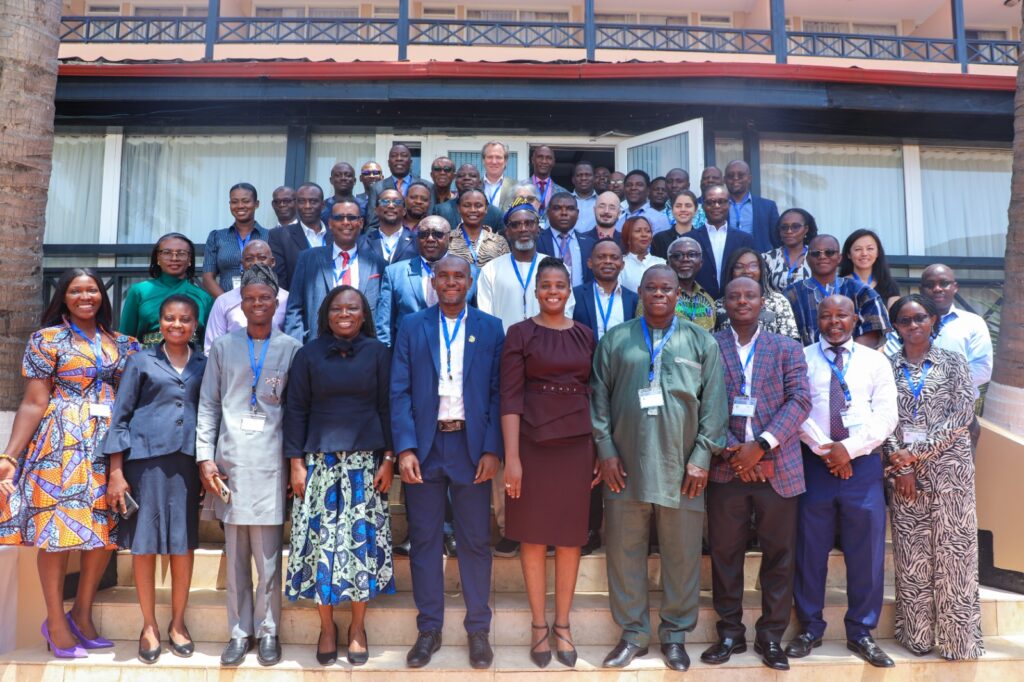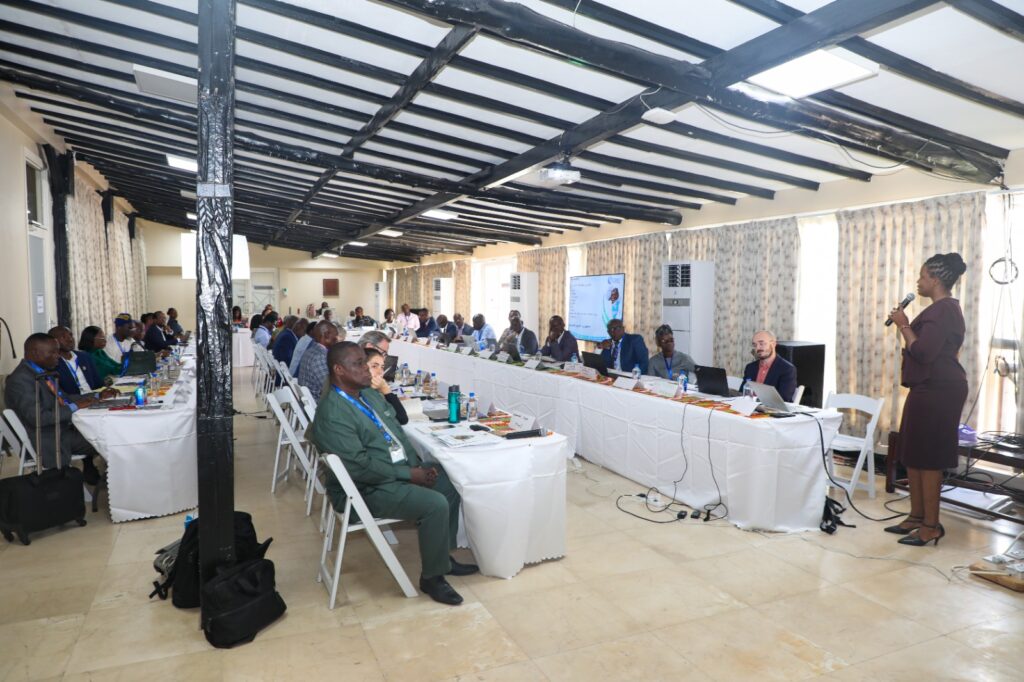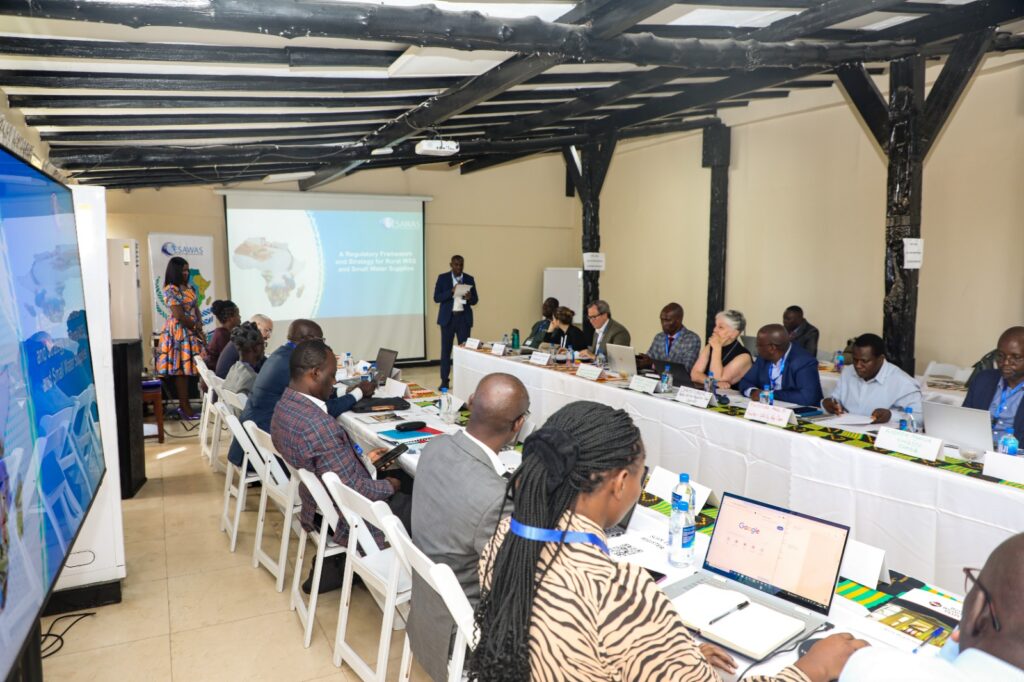
The Public Utilities Regulatory Commission (PURC) has hosted a high-level conference aimed at reviewing regulatory frameworks for rural water supply, sanitation, and small water systems across Africa. The three-day event, held from April 8 to 10 at the Best Western Plus Accra Beach Hotel, brought together experts, policymakers, and regulators from across the continent and beyond.
Opening the conference, the Executive Secretary of PURC, Dr. Shafic Suleman, welcomed participants with a message of urgency and collaboration. “It is both an honour and a deep sense of responsibility to host this gathering of experts, regulators, policymakers, and stakeholders from across Africa and beyond—all united by a shared commitment to improving rural water services,” he said.
The conference drew participation from key institutions including the Eastern and Southern African Water and Sanitation Regulators Association (ESAWAS), African Forum for Utility Regulators (AFUR), Water Utility Regulation Department (WURD) of Uganda, Water Services Regulatory Board (WASREB) of Kenya, National Water Supply and Sanitation Council (NWASCO) of Zambia, AguaConsult, and other international organizations.

Addressing Global Water Inequality
Dr. Suleman emphasized the critical importance of water access, stating, “Access to safe and sustainable water services remains a fundamental human right and a crucial driver of socio-economic development.” He highlighted alarming statistics from the 2022 Sustainable Development Goal 6 (SDG6) report:
- 2.2 billion people still lack access to safely managed drinking water,
- 703 million are without basic water services,
- 3.5 billion people lack safely managed sanitation,
- 653 million live without any form of handwashing facility.
He noted that while Africa has made significant progress, disparities persist—especially between urban and rural populations. “Three in five Africans—411 million people—still lack access to safely managed drinking water,” he added.

Ghana’s Progress and the Path Forward
Ghana, according to Dr. Suleman, has made substantial strides in expanding national water coverage. However, rural and peri-urban areas still face serious challenges related to infrastructure, financing, and regulatory oversight.
“These rural and small-community water supply systems serve a large portion of the population but often struggle with sustainability, accountability, and reliable service delivery,” he noted. “The review of regulatory frameworks will help address these issues by strengthening oversight, encouraging private sector participation, and boosting community engagement.”
A Collective Effort for Continental Impact
The workshop brought together over 50 participants from countries including Ghana, Zambia, Nigeria, Rwanda, Uganda, Sierra Leone, South Africa, Germany, Ethiopia, the UK, Burundi, Malawi, Côte d’Ivoire, Kenya, Mozambique, and Zanzibar.
Dr. Suleman described the conference as “an invaluable opportunity to share insights and build a regulatory framework that is both contextually relevant and globally informed.”
He concluded by reiterating PURC’s commitment to fostering a harmonized, inclusive, and forward-thinking approach to rural water governance in Africa.
“This process allows us to evaluate our tools, adopt best practices, and develop solutions that deliver affordable, safe, and sustainable water services for all—especially the underserved.”
By Calvin Dodzi Powell








